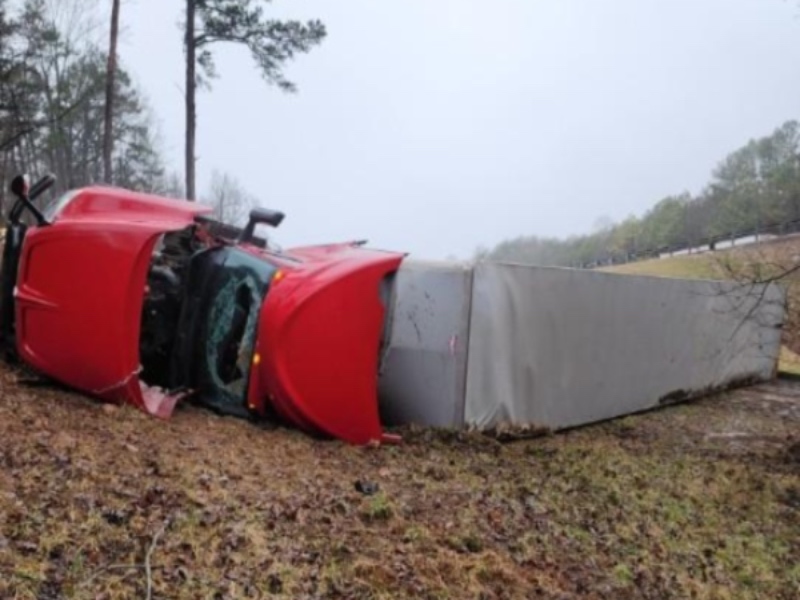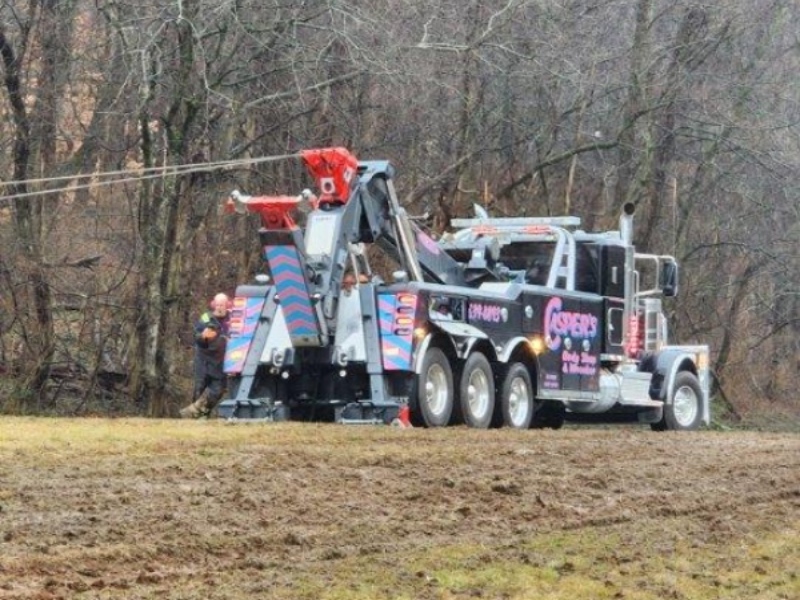Changing Seasons, Changing Roads
When the leaves start to change, so do driving conditions. It’s easy to underestimate how the fall season can affect the road. One minute we’re driving under clear skies, and the next, wet leaves or fog make the trip challenging. As a tow truck company, we see it every year: The need for Newport emergency towing rises during this time, as drivers often find themselves caught off guard by unexpected hazards. Staying aware can help us navigate these conditions safely and avoid preventable accidents.

1. Wet Leaves and Slippery Roads
Falling leaves are beautiful but they become dangerous when they pile up on the pavement. Once it rains, wet leaves can make roads just as slippery as ice. Tires may lose traction, leading to skidding or longer stopping distances. It’s important to slow down, especially around curves, and keep a safe distance from other vehicles.
How to Handle Leaf-Covered Roads
- Reduce speed before corners.
- Keep a greater following distance.
- Ensure your tires have enough tread for better grip.
2. Reduced Daylight and Glare
The days get shorter in fall, and we may find ourselves driving at dusk more often. Glare from the sun can also be a problem in the late afternoon when it’s lower in the sky. This creates temporary blind spots, making it difficult to see pedestrians, cyclists, or other cars.
Staying alert helps, but wearing sunglasses and keeping windshields clean makes a difference too. If glare catches us by surprise and leads to a mishap, you might need to call for our Newport emergency towing.
3. Fog and Decreased Visibility
Cooler mornings and evenings often bring fog, especially in coastal areas. Fog limits visibility, making it harder to judge distances. Many accidents happen because drivers either don’t use fog lights correctly or follow other vehicles too closely in low-visibility conditions. It’s better to slow down and use low beams.
Fog can sneak up on us during long drives. If we feel unsure about the road ahead, pulling over for a break beats the risk of an accident.
Fog Driving Tips
- Use low beams or fog lights, not high beams.
- Keep your windows defogged to maintain visibility.
- Drive at a slower, more cautious pace.
4. Wildlife on the Move
Fall is peak migration and mating season for many animals. Deer crossings are especially common in forested or rural areas during dusk and dawn. We’ve all heard of collisions caused by a deer darting out suddenly—these can cause serious damage to vehicles and injuries to drivers.
If we spot one deer, there’s often more nearby. Slamming the brakes might not always be the best option on a crowded road. Instead, steering carefully to avoid wildlife can reduce the chance of unpleasant encounters.
5. Early Frost and Black Ice
As temperatures drop overnight, frost forms on bridges and shaded parts of the road. What looks like a wet patch could actually be black ice. Morning commuters are at the greatest risk since these slick areas are often invisible until it’s too late.
Even if we don’t expect freezing temperatures, it’s smart to slow down in the early hours. Black ice can make it impossible to control the vehicle, turning a small skid into a big accident, with a subsequent call to our Newport emergency towing service.
Stay Safe During Frosty Mornings
- Avoid sudden acceleration or braking.
- Pay attention to bridges and shaded areas where ice forms first.

Casper’s Wrecker Service: Ready When You Need Newport Emergency Towing
We know that fall driving can catch anyone off guard. From wildlife encounters to foggy mornings, unexpected challenges come with the season. When accidents happen, Casper’s Wrecker Service is here to help with Newport emergency towing. Our Newport emergency towing team is ready to respond quickly, no matter the situation. Whether it’s a fender bender caused by wet leaves or a slippery morning commute, you can rely on us and our Newport emergency towing service to get you back on track. Stay safe this fall, but if the road throws you a curveball, we’ve got your back.
